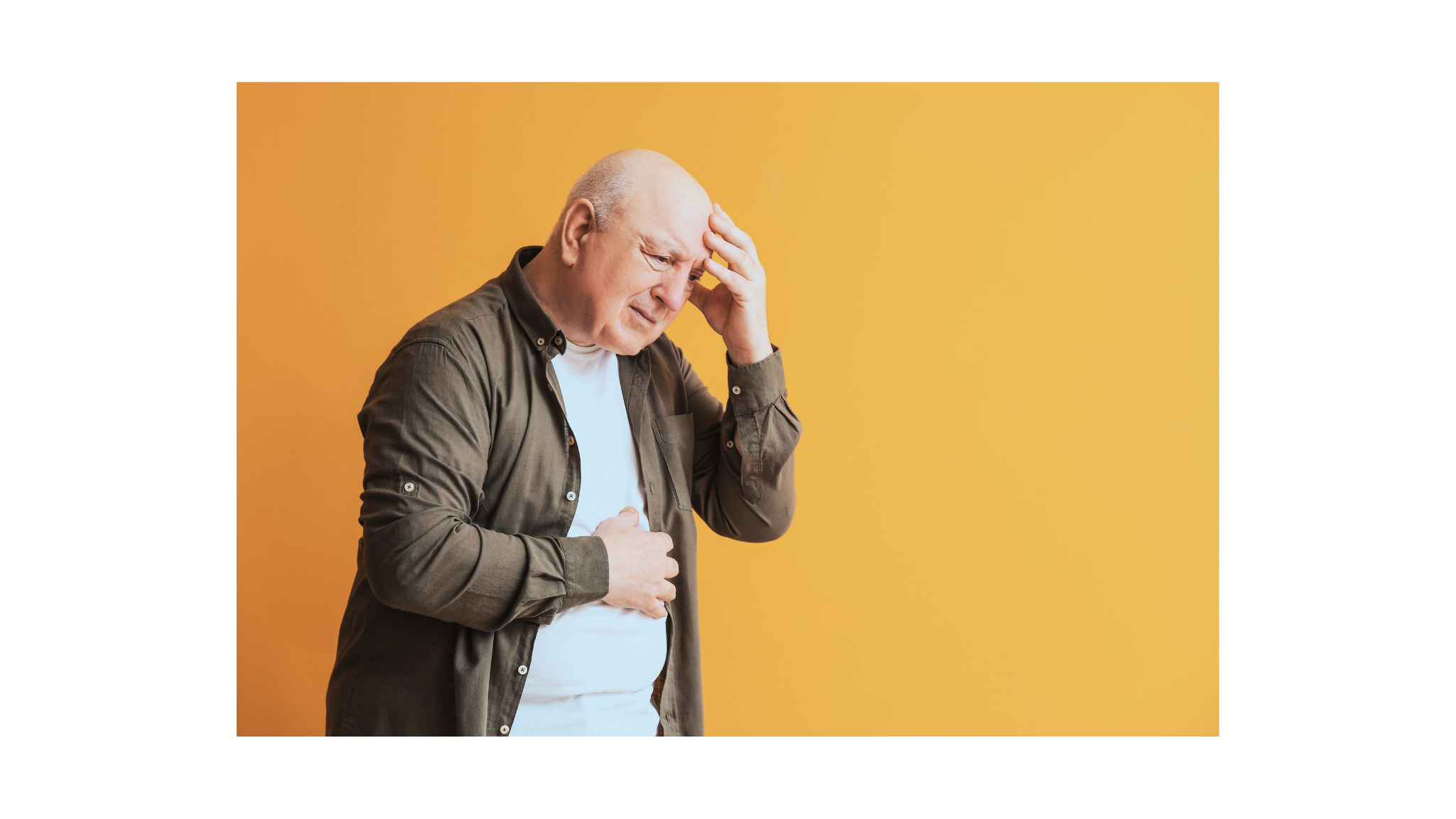
Long Covid
Long Covid affects about 10% of patients who contract Covid-19 infection, causing fatigue, insomnia, shortness of breath, cough, headache, exercise intolerance, diarrhea, muscle aches, brain fog (issues with memory, focus, and other cognitive skills), and more.
The exact cause of Long Covid is unclear. It may involve a combination of delayed healing from Covid, autoimmune inflammation, or lingering injury from the virus.
If medical evaluations do not identify any disease or injury, or if treatments fail to provide expected improvement, it is likely that the brain plays a role in generating or contributing to the pain or illness. This is called a neuroplastic symptom.
Take the Neuroplastic Symptoms Self-Assessment Questionnaire
Resources
Long Covid Treated Successfully with a Neuroplastic Recovery Therapy
Written By David Clarke
Neuroplastic recovery therapy has been successfully used to treat patients with Long Covid. Twenty-three adults under the age of 60, averaging nine months of Long Covid symptoms that they described as “High” or “Very High,” were enrolled. Participants received Psychophysiologic Symptom Relief Therapy (a form of neuroplastic psychology) during a 13-week (approximately 44-hour) course.
The dramatic decrease in a wide range of symptoms is shown in the graph below. This includes an 80% decrease in shortness of breath, a 77% decrease in pain interfering with activity, a 67% decrease in brain fog and a 52% decrease in Pain. A majority experienced improvement in the first four weeks of treatment. In addition, before treatment 57% strongly agreed that exercise made their symptoms worse. After 8 weeks only 4% strongly agreed.
There was no control group but the dramatic improvement after nine months of symptoms is strongly suggestive that Long Covid is, at least in part, a neuroplastic symptom.
Donnino MW, Howard P, Mehta S et al. (2023). Psychophysiologic symptom relief therapy for Post-Acute Sequelae of Coronavirus Disease 2019. Mayo Clin Proc: Vol 7 (4), 337-348. DOI:https://doi.org/10.1016/j.mayocpiqo.2023.05.002
Common Neuroplastic Conditions
















